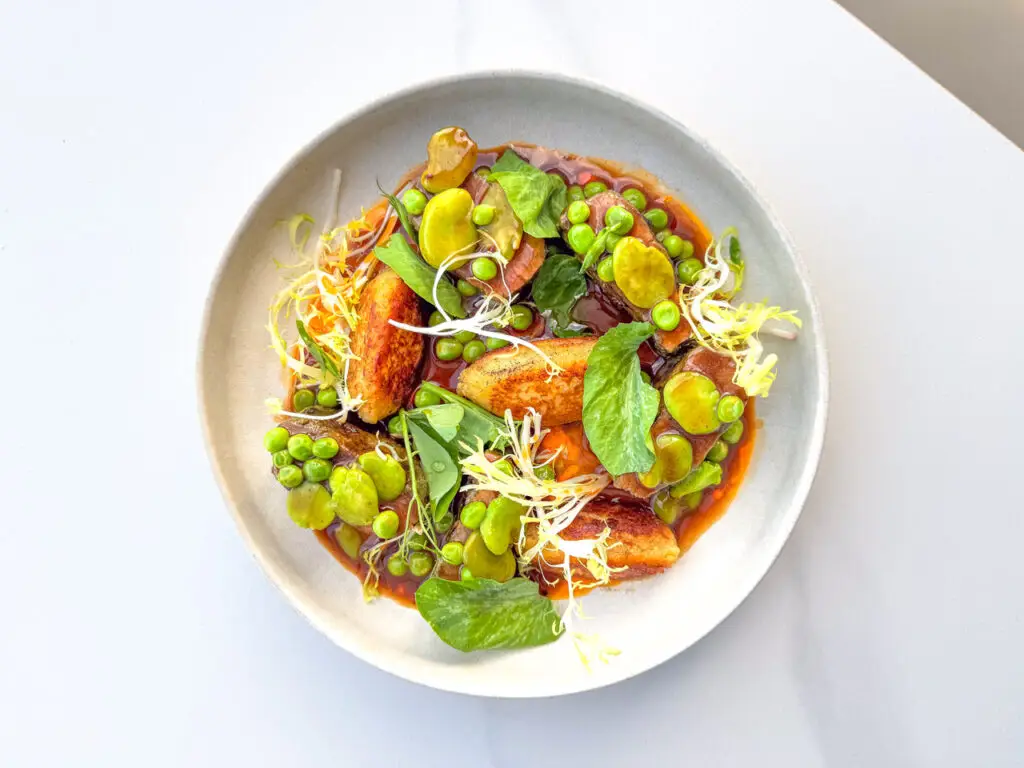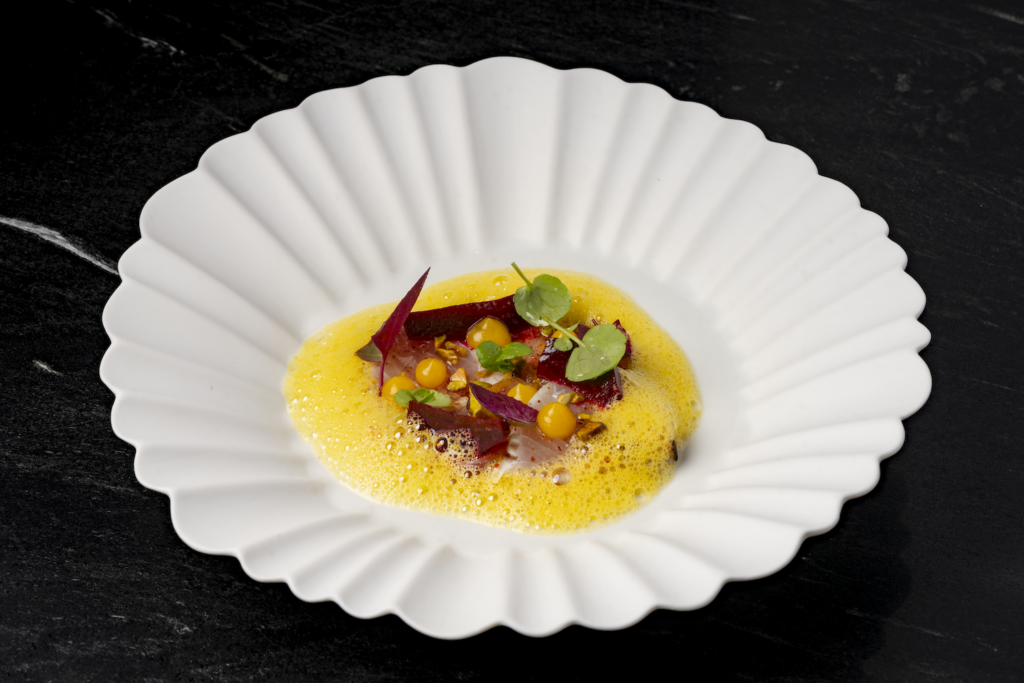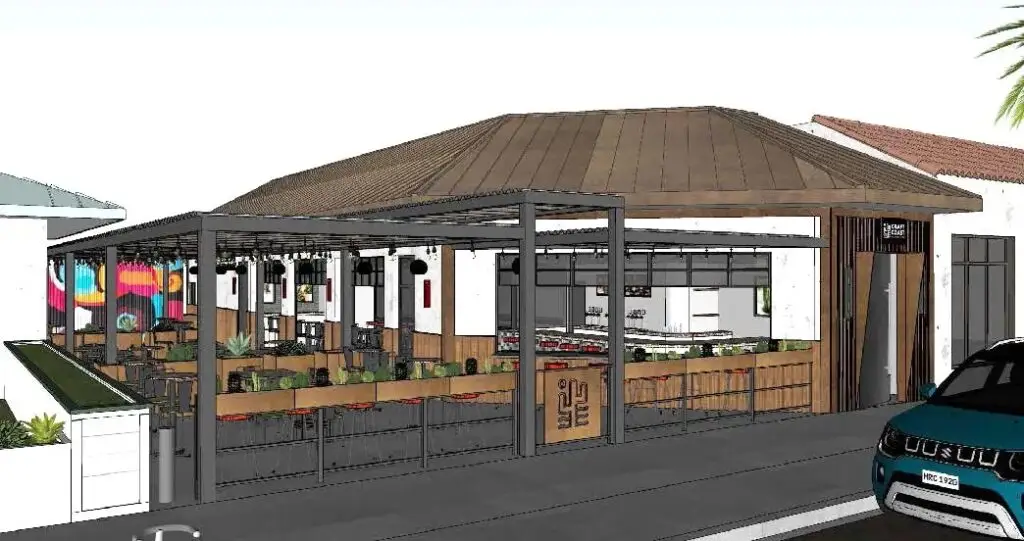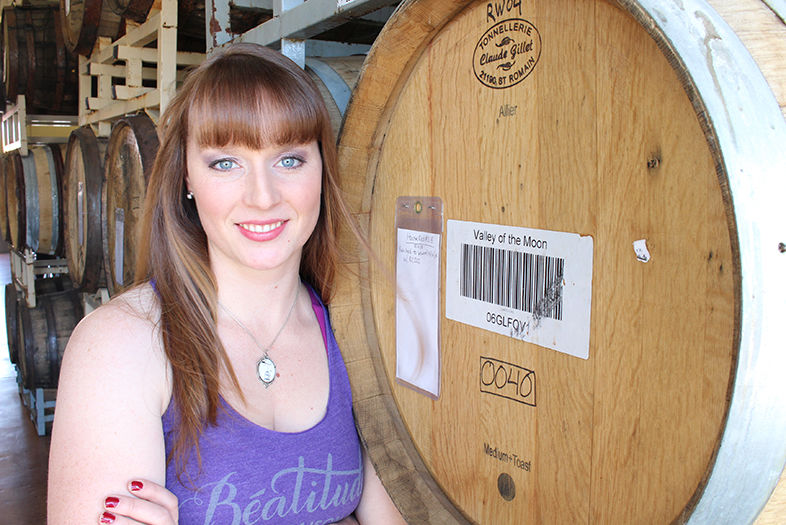I caught up with Liz during Council’s weekend celebration, where she sat down with me to reflect on her freshman year in the San Diego pro brewing scene.
Okay, so here we are. One-year anniversary. Are you happy with where you’ve wound up after your first twelve months?
It’s been awesome—a wonderful year. We actually hit our two-year goals within the first six months, which was incredible. Based on what we’d seen from other 3-barrel nanos, we hadn’t planned on even hiring anyone new until after our first twelve months, but we already have a bunch of people on the team. We hit the ground running from the first day we opened, and it’s been pretty crazy ever since.
How do you think that happened? Other than the fact that you make good beer?
Most people don’t realize we’re a nano. I make beer of the same quality level as many of the big breweries. We use plastic fermenters, but we make our beer as if we’re using some other fancy equipment. Everything’s monitored, everything’s temperature controlled, everything is dialed in to the “nth” degree. Dr. Bill Sysak from Stone was in here the other day and he asked me if I had a 10-barrel system. I said no, we have a 3-barrel system. But the quality of our beer matches the quality of our place.
You have plans to get bigger than a 3-barrel system sometime soon, I suspect?
We could put in a bigger system, but every time you consider an upgrade, you’re talking roughly about $100,000. We do need to expand. We’ve realized that our Beatitude Tart Saison is one of those beers that San Diego doesn’t really have. San Diego has IPAs, San Diego has barrel-aged beers, and a bunch of breweries that do sour beers. But our tart saison—something light, refreshing, and easy drinking—is not here in San Diego. It’s been received so well, that we can’t keep up with demand right now. We sell out in bottles, with a silent release, within two hours every time.
There are a few beers in the Beatitude line. Are they all sour beers?
Yes, they are sour beers, but there’s a difference between a lactobacillus sour beer and a sour beer from pediococcus lactobacillus and brett (brettanomyces yeast). Our tart saison is lactobacillus, brettanomyces, and sac (saccharomyces yeast) so we get a quicker souring, but it doesn’t hit you in the back of the jaws flavor-wise. It just creates this nice kind of tart “lemonade” effect. Kind of like when you eat yogurt, it’s that kind of tartness, as opposed to something like a Flanders Red, which is sourness that’s going to hit you in the back of the throat.
Other than trying to keep up with the great demand for your beers, what were the other big challenges of the past year?
Well, creating demand goes along with raising enough capital. My husband and I own the whole business, 100%, we have no investors. Before we opened up, we sold our house, so it was all-in or nothing. Because of that, we don’t want investors. We don’t want people taking a piece of the company that we built. But we have been working hard to raise capital. If you’re a business that’s not at least two years old, it’s tough. We’ve been saving up our pennies to buy certain pieces of equipment that would enable us to make better beer and to be able to grow. We did get a small loan from a private, independent lender that enabled us to add our tart saison production facility, which is two buildings down. This will help us to expand our bottle production a good deal. By the end of summer, we’ll be releasing about 13,500 bottles.
Would you say that the break-out popularity of your tart saison was the biggest pleasant surprise of this past year?
Yeah. We weren’t planning on being a sour brewery. My husband and I, our favorite beers to drink are sours, but as a 3-barrel brewery it’s very difficult to share the same space brewing clean beers and sour beers. We didn’t know at first how we were going to do it, but we experimented a great deal and it somehow wound up working out.
What’s the story behind the name of the brewery?
My husband Curtis and I are both very traditional, so when we were brainstorming what we wanted to call our brewery, we wanted a name that portrayed the idea of an old traditional pub where people could gather over a beer and talk. Council means a place where people come together and deliberate and debate. We don’t have TV’s, and our tasting room is set up so people can come together and converse. Our hope is that through the simple face-to-face conversations around Council that we can change the world one beer at a time.
What’s the best thing about being a brewer in San Diego?
Gosh, I don’t think I’ve ever been asked that question. I would say it’s the camaraderie, the collaboration, and the support we’ve gotten from everybody. It has been amazing. I mean, you have people like Steve Wagner (Stone co-founder), who walks in one day, and you share your beer with him, and now he says hi to me every time he sees me. And you have customers who come in and tell me how much they like my beer, and that’s really gratifying. There’s nothing better than hearing praise from someone who appreciates all the hard work I put into my beer.
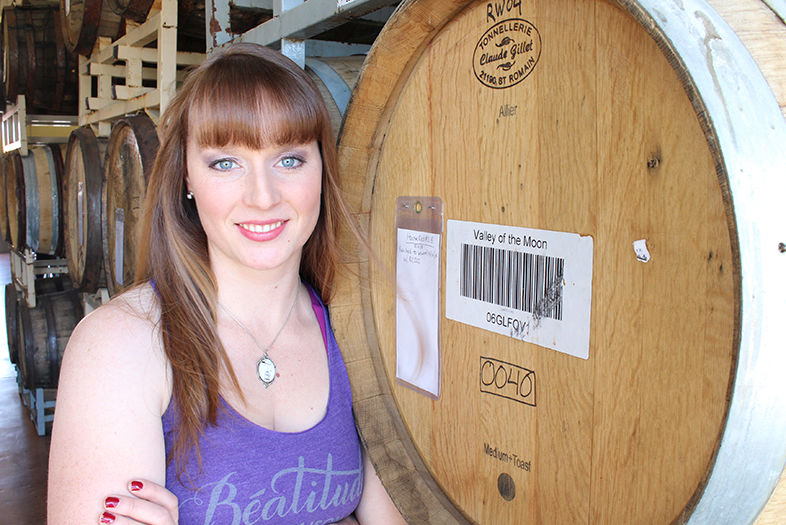
Have a Beer with Council Brewer Liz Chism
PARTNER CONTENT
Photo by Bruce Glassman

